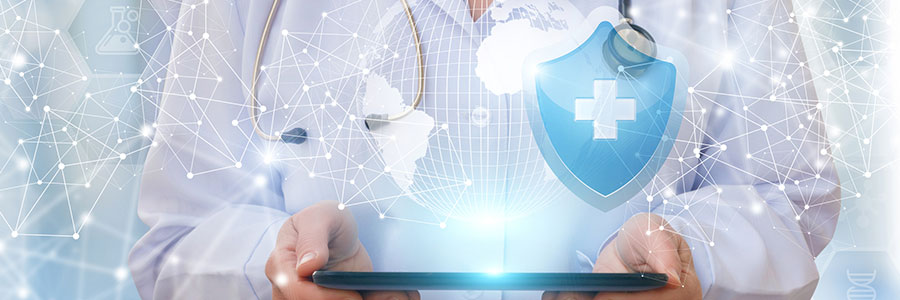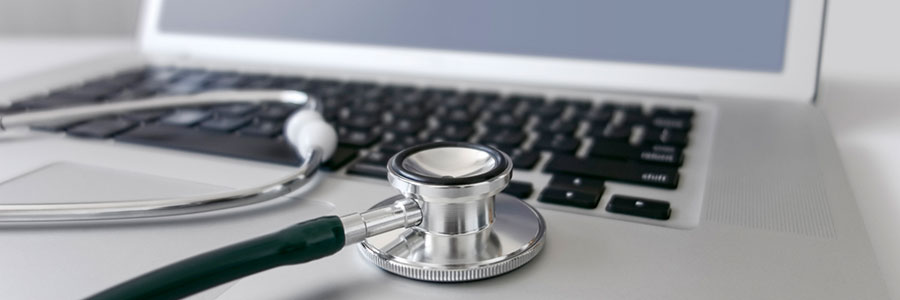Getting your practice up to code when it comes to Health Insurance Portability and Accountability Act (HIPAA) regulations can seem challenging upon first glance, but knowing where your IT efforts must be prioritized is the first step. In this article, we’ll zero in on four of the most critical items you must look into to become HIPAA-compliant.
Social media guidelines to stay HIPAA-compliant

Healthcare providers that use social media platforms like Facebook and Twitter can interact with their patients, advertise new services, and communicate urgent announcements. Even though there’s immense potential for social media to improve healthcare, it can also expose patient-specific information when used irresponsibly.
The benefits and drawbacks of EHRs

Digitization is significantly changing the way healthcare organizations deliver care and services to patients. In particular, the use of electronic health records (EHRs) is improving the accuracy and accessibility of patient information. Despite this, the adoption rate of EHRs is still low and meets resistance from many healthcare providers.
IoT in healthcare: Addressing security and privacy issues

From mobile apps that keep track of daily medication to smart operating room systems, the Internet of Things (IoT) is delivering greater convenience and functionality to healthcare practitioners and patients alike. However, the proliferation of IoT devices also brings new risks, vulnerabilities, and security challenges.
Preventing insider threats in the healthcare sector
5 Benefits of mobile device management for healthcare

More hospital wireless networks are making use of mobile device management (MDM) software to monitor every device connected to their network, and for good reason, too. Here are the numerous benefits MDM offers to healthcare organizations.
Compliance
Governments have established several regulations, such as HIPAA, to protect patient records, but mobile devices are posing a major challenge to these regulations.
The benefits of cloud computing in healthcare
How does telemedicine help patients?
4 Massive benefits of using EMRs

Electronic medical records (EMRs) digitize your paper medical records and, when properly implemented, can generate a positive return on investment and improve organizational efficiency. The major drawbacks of paperwork are that it hinders a healthcare institution’s ability to treat patients and slows down processes.
How AI is revolutionizing healthcare

Technology plays an important role in streamlining business processes. Artificial intelligence (AI), for example, is making huge strides in the healthcare industry, not only helping medical professionals better care for their patients, but also giving people proactive means of managing their health and lifestyle.




